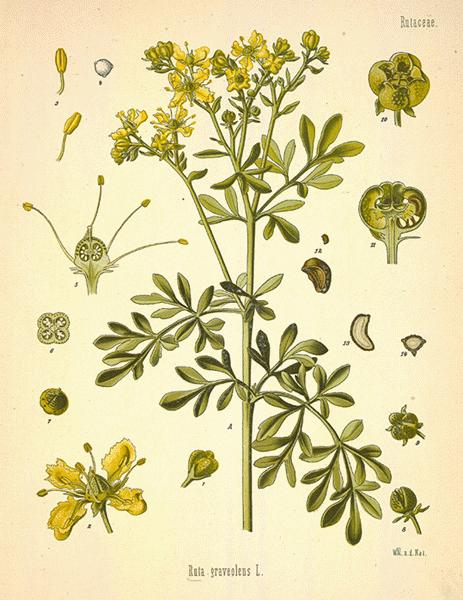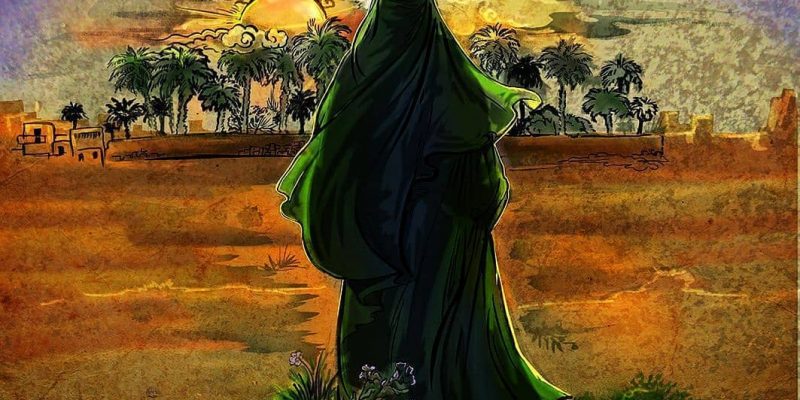Read or Listen
Oxford Interfaith Forum launched a Psalms reading group to explore the Psalter from multifaith and multidisciplinary perspectives. Rev. Dr. John Goldingay, David Allen Hubbard Professor Emeritus at Fuller Theological Seminary, opened the inaugural session with a commentary on Psalm 1.
Introduction to Psalm 1
Psalm 1 introduces the Psalter with a reminder about Torah (the Hebrew word for ‘instruction’). Psalm 1 contains aspects of various other psalms, but it sounds different from many other psalms, especially those immediately after. In this way, the first psalm acts as an opening, an introduction, that invites readers to consider the Psalter a guidebook that reflects Torah. The entire Psalter is often read as a collection of five major books or sections. Some scholars believe this to parallel the five books of the Torah (which Christians refer to as the Pentateuch). However, Psalm 1 is not only referring to the books of Torah (Genesis, Exodus, Leviticus, Numbers, & Deuteronomy), it is referring to the instruction contained in these books—the greater truth of the teaching, that which leads to life and is known by the fruit of a person’s life. The Torah-Person bears abundant, life-affirming fruit.
Dr. Goldingay emphasized the importance of Psalm 1 as an introduction in that it expresses to the reader an idea about the importance of God’s instruction. Before you can praise God (as is done in some psalms), protest God (as is done in others), or give thanks, you must become a Torah-Person. Readers are invited to delight in what follows and treat the shocking or dark parts as a teaching or instruction for a way of life.
Reading Psalms with other Scripture
Psalm 1 reads like an instructive wisdom text, reminiscent of Proverbs. Dr. Goldingay reminded us that Proverbs sometimes makes outrageous claims about how rewards for the righteous always work out. There is tension among the virtues and wisdom offered when reading that alongside Ecclesiastes and Job, other Hebrew Poetry books. It is the same with the psalms. Individual psalms stand in tension with one another and the Proverbs, Ecclesiastes, Job, and even with the Prophets and the Torah. Psalm 1 reminds us to read carefully and thoughtfully to center ourselves in the instruction, the Torah.
A 19th C. Christian perspective on Psalm 1
To provide a Christian-centric view of Psalm 1, Dr. Goldingay read from a sermon by Rev. Charles Spurgeon, a 19th Century Preacher, entitled The Truly Blessed Man. Spurgeon’s sermon made five points based on his interpretation of Psalm 1. (Please note that this summary follows the conventions presented in Spurgeon’s sermon that ‘man’ is ‘he,’ although in that time the masculine singular pronoun could stand in for any individual, male or female). (1) The blessed man has no title. He can be poor, obscure, marginalized, or well-off, but he is dependent on divine grace, “the tree whose roots need water.” (2) The Blessed man avoids the common way of the ungodly, of those who have neglected God. Even when he is scoffed at, he ignores it and sets his attention on God alone. (3) The blessed man delights in the law of the Lord. Everyone seeks pleasure, and this pleasure can come from a source of wisdom, love, and grace. The Torah is pleasant, profitable, full of wealth and treasure. (4) The blessed man occupies his time in meditation, murmuring in prayer and scripture day and night. He embraces the blessing of God’s word and avoids its curse, which only comes for those who neglect Torah. (5) The blessed man’s reward is stability. He is well-planted and rooted and receives the gladness of growth, the grace of spread, and health, a favored position planted by God’s divine will near abundant water. He is content and sustained, a tree divinely planted.
Psalm 1 exists to introduce readers to the following psalms in a way that explicitly encourages readers to find instruction in psalms. The reader seeks in good faith to learn from the Psalter as they would from Torah or other valuable instruction. This is an act of righteousness that yields blessing for the person who follows. Reading the Psalter alongside other scripture to learn from God’s word is how one walks the journey of becoming, as Dr. Goldingay put it, a Torah-Person; or as Charles Spurgeon put it, a Tree-Divinely-Planted-Person.
Discussion about interfaith connections
Some of the discussions that emerged during the session included looking at how important the Psalter is to Christian faith traditions. Still, it is reverently included in critical readings for Muslims. One attendee explained that Islamic worshippers considered it a great privilege to read and sing the holy words of the Psalter in their worship of Allah and that by doing so, they were indeed blessed. Thus, the study of psalms is an individual activity people may share, even as worshippers in different faith traditions. This is especially important for this reading group that seeks to bring people together in respectful interfaith dialogue and increase awareness and communication.
Tree imagery in Psalm 1
As for me, I am particularly interested in the tree imagery in Psalm 1. When I was young, I memorized this psalm to a tune that I have known how to sing for as long as I can remember. The image of a tree firmly planted by a river that bears only and always good fruit has enticed my imagination and drawn me into scripture. During this presentation, as Dr. Goldingay was describing the familiar connections between Psalm 1 and the books of Torah, I was struck by the significance of such a connection that may bind Psalm 1 to Genesis. Trees make a significant appearance in the Garden of Eden. There are two trees in the creation narratives of Genesis—one is the Tree of the Knowledge of Good and Evil, and the other is the Tree of Life (Gen. 2.9; 2.17). Both share symbolic connections with the tree in Psalm 1. The former recognizes the paths of the righteous and the wicked are different and that a person must have the knowledge to discern between them, a concept that Psalm 1 warns about in a very explicit manner. The latter, the Tree of Life, reminds me of the Tree planted firmly by the river in Psalm 1.3. In the Genesis narrative, though the fruit of both trees is strictly forbidden, the man and woman eat from the Tree of the Knowledge of Good and Evil (Gen. 3.6). This is a significant event in the narrative that casts the humans out of the perfect garden, a fate the reader must expect since humanity does not reside in such a place today. Perhaps Psalm 1 attempts to redeem such a narrative, offering the reader a path to gain knowledge between good and evil by loving and studying God’s word. As a scholar of Biblical Ethics and the Psalter, my interests converge in this topic of how the Hebrew Bible portrays instruction for the sake of a righteous life. These are my initial thoughts on a matter that perhaps will demand my attention in the future.
Next reading—Psalm 139
I am thankful for the opportunity to attend this conference and share in the study and reading of the Psalms with others interested in maintaining open dialogue for a richer understanding of the Psalter. For more information on the Oxford Interfaith Forum and the Psalms Interfaith Reading Group, follow them on Twitter (https://twitter.com/faithsoxford?lang=en). The following presentation is scheduled for 16 November 2021. Rabbi David Wolpe, the Max Webb Senior Rabbi of Sinai Temple, CA, will present on Psalm 139 (Register).

Dr. Erica Mongé-Greer, holding a PhD in Divinity from the University of Aberdeen, is a distinguished researcher and educator specializing in Biblical Ethics, Mythopoeia, and Resistance Theory. Her work focuses on justice in ancient religious texts, notably reinterpreting Psalm 82’s ethics in the Hebrew Bible, with her findings currently under peer review.
In addition to her academic research, Dr. Mongé-Greer is an experienced University instructor, having taught various biblical studies courses. Her teaching philosophy integrates theoretical discussions with practical insights, promoting an inclusive and dynamic learning environment.
Her ongoing projects include a book on religious themes in the series Battlestar Galactica and further research in biblical ethics, showcasing her dedication to interdisciplinary studies that blend religion with contemporary issues.





Dear Erica, what a beautiful reflection! Thank you very much for being part of the Reading Group and for such insightful comments. Much appreciated.